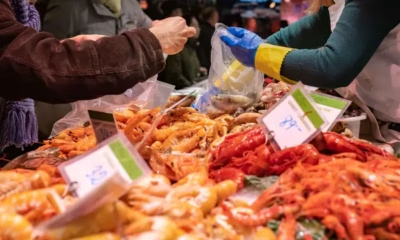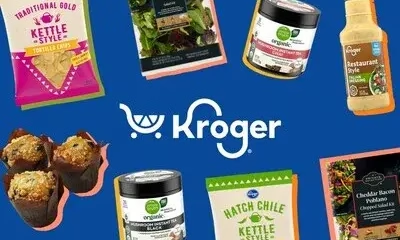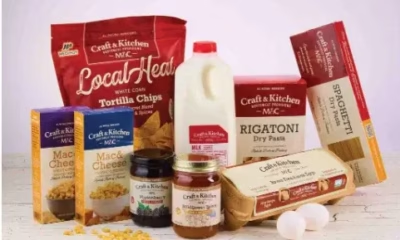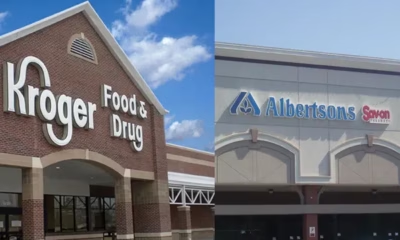Private Label
When Private Label Fails to Resist Inflation

Understanding Private Label Inflation Trends
Private label inflation is putting pressure on major suppliers as shoppers become more cautious with spending. TreeHouse Foods, a major supplier for retailers like Walmart, Whole Foods, and Trader Joe’s, expects sales to decline. This trend highlights potential challenges for private-label brands facing rising costs.
Private Label Sales Under Pressure
Despite strong growth in recent years, private-label brands are now facing inflation-related struggles. TreeHouse Foods recently announced a projected 3.5% sales decline in the first quarter. The company is actively working with suppliers to reduce costs and improve efficiency to mitigate these challenges.
Consumer Behavior and Private Label Trends
Consumers previously relied on private-label brands as affordable alternatives to national products. However, rising costs are now impacting this segment too. Retailers must adapt to shifting shopper habits to maintain private-label sales growth.
Strategies to Manage Private Label Inflation
To combat rising costs, TreeHouse Foods is collaborating with partners to optimize processes. By improving efficiency and controlling expenses, the company aims to protect profit margins and sustain customer loyalty.
The Road Ahead for Private Label Brands
As private-label inflation continues, both suppliers and retailers must adjust strategies. Focusing on efficient operations, competitive pricing, and clear communication with consumers will help brands manage these challenges.
For more insights on industry trends, explore more news on this website.





















